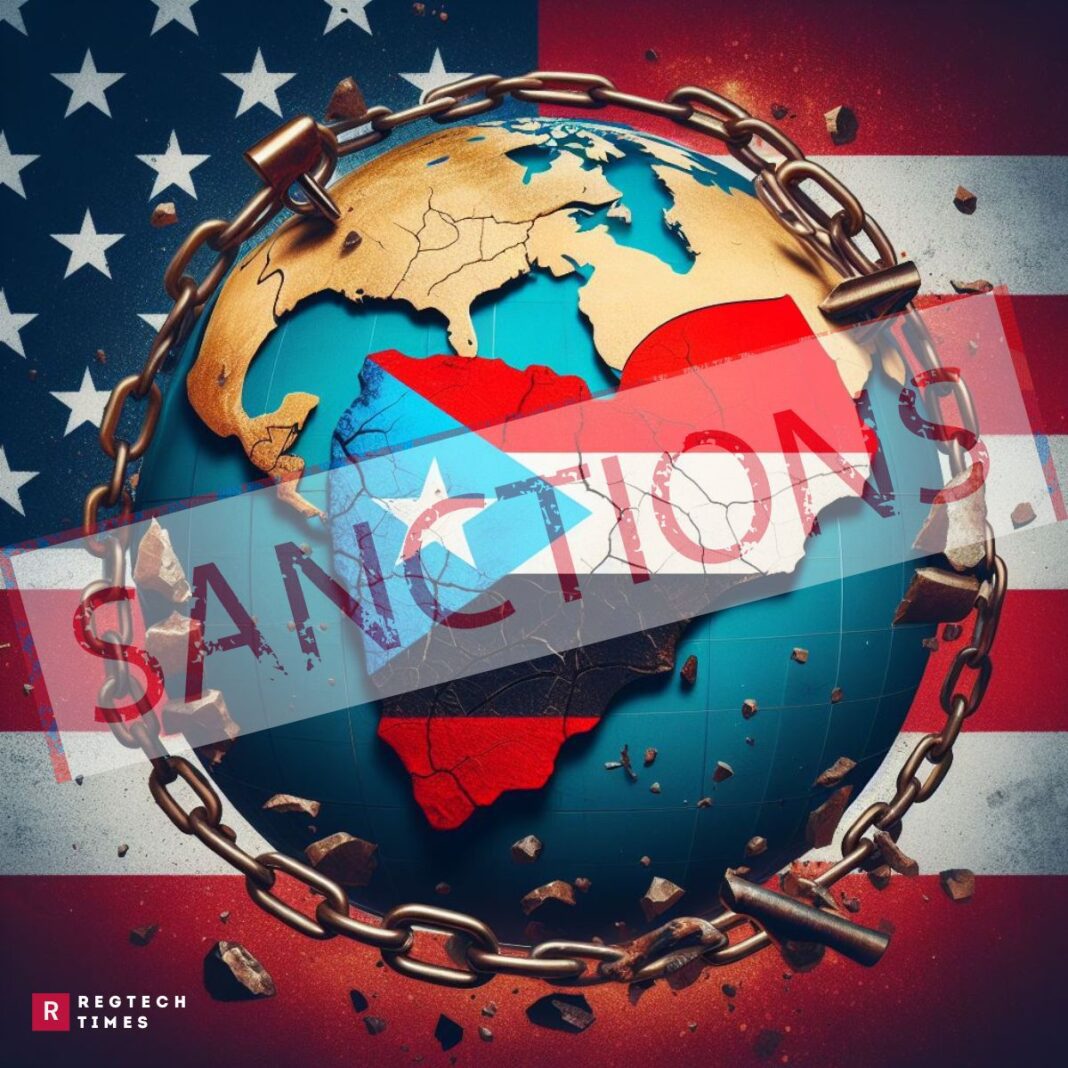In an unusual statement, the U.S. Special Envoy to Yemen, Tim Lenderking, has called for a diplomatic resolution to the recent Houthi attacks. Lenderking emphasized that a military approach is not the solution to the Houthis’ activities in the Red Sea, as it undermines the ongoing peace negotiations in this conflict. In the wake of this call, it is necessary to understand the background of Yemen.
US Sanctions on Yemen
Months after the United States imposed new sanctions targeting Yemen’s Houthi movement, ordinary people are facing difficulties accessing money transfers from outside the country, which have become a lifeline for many. The sanctions, which target individuals and currency exchanges linked to the Houthis, have exacerbated the challenges faced by ordinary people amid the ongoing war and economic collapse.
Sanctions Halt Remittances
The sanctions, imposed in mid-January, have led to a halt in money transfers for many people, who rely on remittances from abroad to cope with rising food prices and the collapse of basic services. The World Bank estimates that Yemen receives $3.77 billion in remittances annually, with a significant portion coming from Saudi Arabia and other Gulf countries. However, since the sanctions came into effect, many Yemenis say they are struggling to access their savings and receive money from relatives abroad.
The impact of the sanctions has been particularly severe for families like that of Mrs. Rassam, a stay-at-home mother in Sana’a. Her husband, who works in Riyadh, Saudi Arabia, as a cashier, has been unable to send money back home due to the sanctions. This has left Mrs Rassam struggling to pay for rent, school fees, and other expenses.
Many Yemenis working in the Gulf, including Mohammed Abdulmalek, a contractor in the United Arab Emirates, have also been affected. Abdulmalek, who had been saving money for years to return to the country and start a business, found himself unable to withdraw his savings from a sanctioned exchange house.
The sanctions have also raised concerns about their impact on aid operations in Yemen. With 90% of countries food needs imported, cash flow from abroad is crucial to ensuring the continuation of foreign trade and alleviating the humanitarian crisis in the country. However, humanitarian organizations have long struggled with a lack of money transfers from abroad, and the sanctions are likely to further complicate aid efforts.
While the US has issued special licenses for businesses and aid groups to work in sanctioned areas, humanitarian organizations say these exemptions are not enough. The sanctions involve several entities that humanitarian organizations deal with, including money exchange houses, merchants, and importers, creating a complex network that poses challenges for aid work.
Despite the challenges posed by the sanctions, Yemenis remain resilient. Many are exploring alternative ways to send money to their families, including using the hawala system, a common money transfer method in the region that does not use banks or official transfer companies. However, for those relying on the formal banking system, the sanctions are expected to continue to pose hurdles and delays in accessing much-needed funds.



